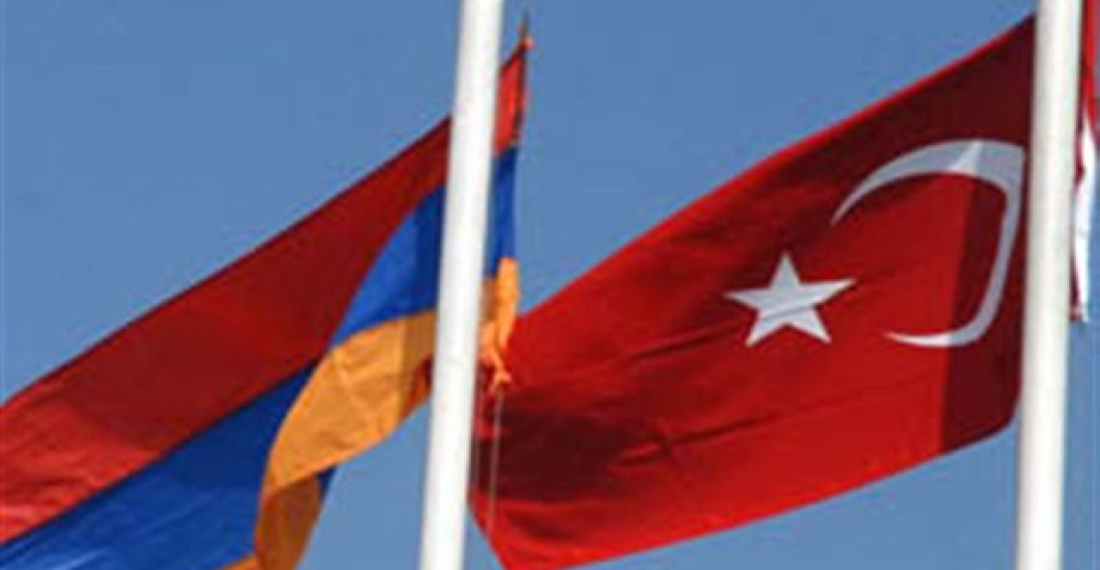Turkish President Recep Tayyip Erdogan and Armenian Prime Minister Nikol Pashinyan have stressed the importance of normalisation of their relations to the consolidation peace in the region, according to their respective press offices.
The two leaders discussed the normalisation process in a phone call on Monday (11 July), seen as an important step in the ongoing efforts.
"Recep Tayyip Erdogan and Nikol Pashinyan emphasized the importance they attach to the bilateral normalization process between Turkiye and Armenia, which will also contribute to the strengthening of peace and stability in the region," a statement by the Turkish presidency said.
They also expressed hope that an agreement reached in early July would be implemented soon.
The Armenian leader wrote on Twitter: "We expect early implementation of agreements reached in the meeting of our Special Representatives on July 1.”
During the phone conversation the two leaders also exchanged greetings on the occasion of important annual festivals celebrated in the two countries. Erdogan extended his greetings on the upcoming Vardavar Festival, while the Armenian prime minister extended his greetings on the Gurban Bayram, also known as Eid al-Adha.
Special Envoys appointed by the two governments have held several meetings in the past six months and have agreed on some tangible steps, including the opening of the land border for citizens of third countries. In February, Turkey and Armenia resumed their first commercial flights in two years. The goal is the complete normalization of relations.






